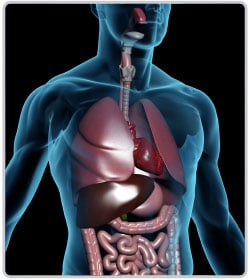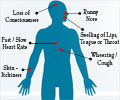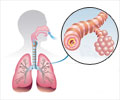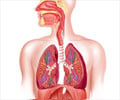- Diet and Metabolism in the Evolution of Asthma and Obesity - (https://pmc.ncbi.nlm.nih.gov/articles/PMC6355154/)
- Effect of inhaled preservatives on asthmatic subjects. I. Sodium metabisulfite - (https://pubmed.ncbi.nlm.nih.gov/2161625/)
Common Allergens In Asthma
Foods: Nuts, peanuts, chocolate, eggs, citrus fruits, milk.
Plants or plant products: Pollens, grasses, mold spores.
Animal or insect materials: Dust mites, animal dangers, feathers, canine or feline saliva. Numerous scientific studies have shown that avoidance of specific allergens in patients with asthma who have been previously sensitized will result in improved asthma symptoms and decreased medication requirements.
Foods to Avoid if You Have Asthma
Asthmatic patients should avoid the following common fruits and vegetables during the winter:
Acidic foods, like tomatoes, can trigger airway irritation and inflammation, leading to an asthma attack.
Nightshade vegetables such as eggplant, potatoes, and peppers contain inflammatory components that can increase asthma symptoms in those who are sensitive to them. Uncooked potatoes contain a toxin called solanine, which can irritate the lungs.
Cruciferous vegetables, such as cabbage, broccoli, and cauliflower, might produce bloating or gas, causing discomfort and breathing problems for some asthma sufferers.
Allergies to banana proteins might worsen asthma symptoms.
Fried and fatty foods can lead to weight and inflammation, exacerbating asthma symptoms (1✔ ✔Trusted Source
Diet and Metabolism in the Evolution of Asthma and Obesity
Go to source).
Asthmatics may experience coughing, wheezing, and dyspnea due to respiratory irritation caused by chili peppers and spicy preparations.
Apple allergens react with proteins, causing oral allergy syndrome and worsening asthma symptoms.
Preservatives in processed foods, dried fruits, and wines can trigger asthma episodes (2✔ ✔Trusted Source
Effect of inhaled preservatives on asthmatic subjects. I. Sodium metabisulfite
Go to source).
While not harmful to everyone, some individuals may experience increased mucus production due to dairy consumption. This can worsen asthma symptoms.































